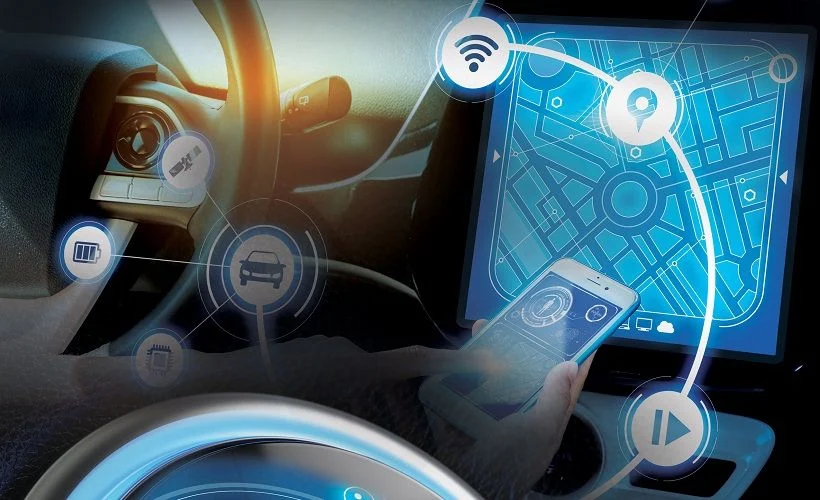InsurTech Startups: Disrupting the Traditional Insurance Market

Summary: Highlight some of the most innovative InsurTech startups and how they are challenging traditional insurance models. Outline: What is InsurTech? Notable InsurTech Startups Innovations Brought by InsurTech Impact on the Traditional Insurance Market Future Outlook for InsurTech
The Ethical and Regulatory Landscape of Insurance 3.0

Summary: Examine the ethical and regulatory challenges faced by Insurance 3.0 and how the industry is addressing them. Outline: Key Ethical Issues in Insurance 3.0 Regulatory Challenges and Compliance Data Privacy and Security Balancing Innovation with Regulation Case Studies and Industry Best Practices
Preparing for the Future: How Insurers Can Adapt to Insurance 3.0

Summary: Provide actionable insights for insurance companies on how to adapt to the technological advancements of Insurance 3.0. Outline: Assessing the Current Technological Landscape Investing in Technology and Talent Building Strategic Partnerships Focusing on Customer Experience Case Studies of Successful Adaptations
The Impact of Big Data on Underwriting and Pricing

Summary: Discuss how big data is transforming the underwriting process and enabling more accurate pricing models. Outline: Introduction to Big Data in Insurance Big Data in Underwriting Enhancing Pricing Models with Big Data Benefits for Insurers and Policyholders Ethical and Privacy Issues
Personalized Insurance: How Data Analytics is Tailoring Policies to Individual Needs

Summary: Explore how data analytics is enabling insurers to offer personalized policies based on individual risk profiles and behaviors. Outline: The Importance of Personalization in Insurance Data Sources and Analytics Techniques Personalized Auto, Health, and Property Insurance Case Studies of Personalized Insurance Future Trends in Personalization
Smart Contracts: The Future of Insurance Policies

Summary: Delve into how smart contracts are automating insurance policies and claims, ensuring faster and more reliable services. Outline: What are Smart Contracts? How Smart Contracts Work in Insurance Benefits of Using Smart Contracts Examples of Smart Contracts in Action Legal and Regulatory Challenges
The Role of IoT in Insurance: From Telematics to Smart Homes

Summary: Examine how IoT devices are providing real-time data to insurers, leading to personalized policies and proactive risk management. Outline: Introduction to IoT Telematics in Auto Insurance Smart Homes and Property Insurance Wearables in Health Insurance Benefits and Privacy Concerns
Introduction to Insurance 3.0: The Future of Insurance

Summary: This post will introduce readers to the concept of Insurance 3.0, highlighting how emerging technologies are revolutionizing the insurance industry. Outline: What is Insurance 3.0? Evolution from Traditional Insurance to Insurance 3.0 Key Technologies: Blockchain, AI, and IoT Benefits of Insurance 3.0 for Consumers and Providers Real-world Examples and Case Studies
How Blockchain is Revolutionizing the Insurance Industry

Summary: Explore how blockchain technology ensures transparency, security, and efficiency in insurance processes. Outline: Understanding Blockchain Technology Blockchain Applications in Insurance Claims Processing Fraud Detection Smart Contracts Advantages of Blockchain in Insurance Case Studies: Blockchain Projects in Insurance Future Prospects
Artificial Intelligence in Insurance: Transforming Risk Assessment and Claims

Summary: Discuss how AI is used in risk assessment, claims processing, and customer service in the insurance sector. Outline: AI and Machine Learning Basics AI in Risk Assessment AI in Claims Processing AI-powered Customer Service Challenges and Ethical Considerations